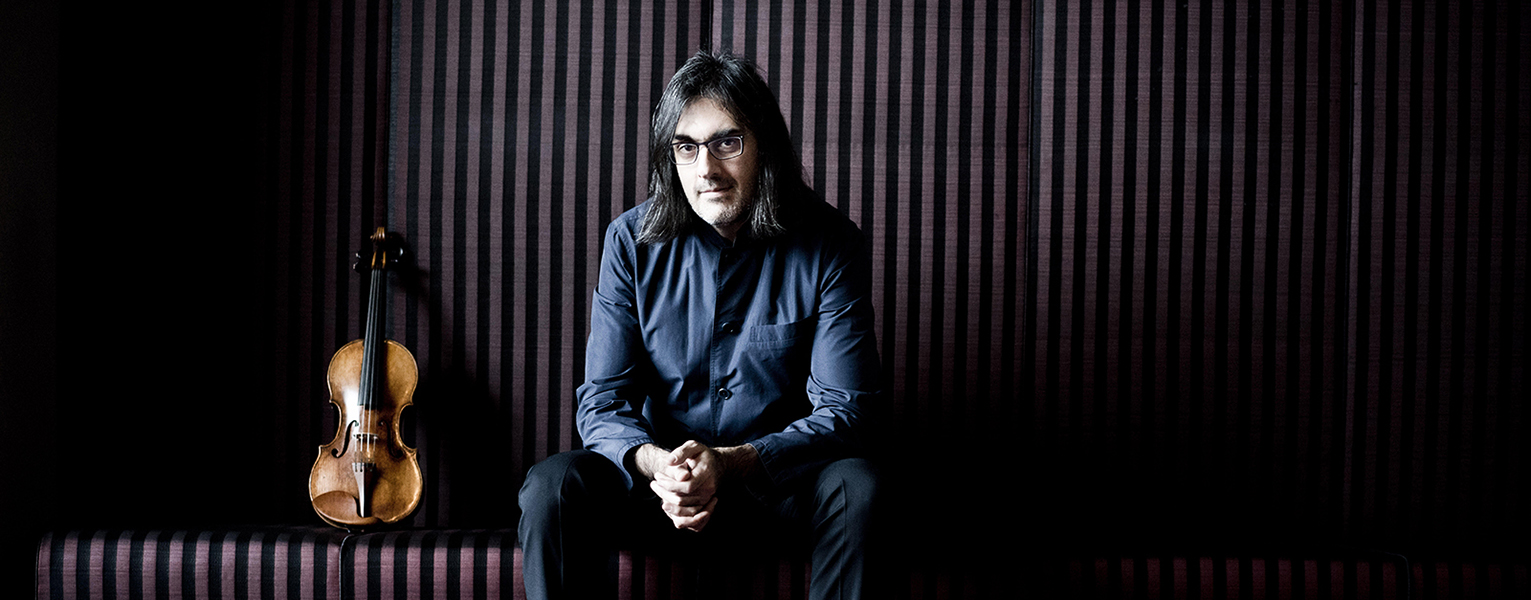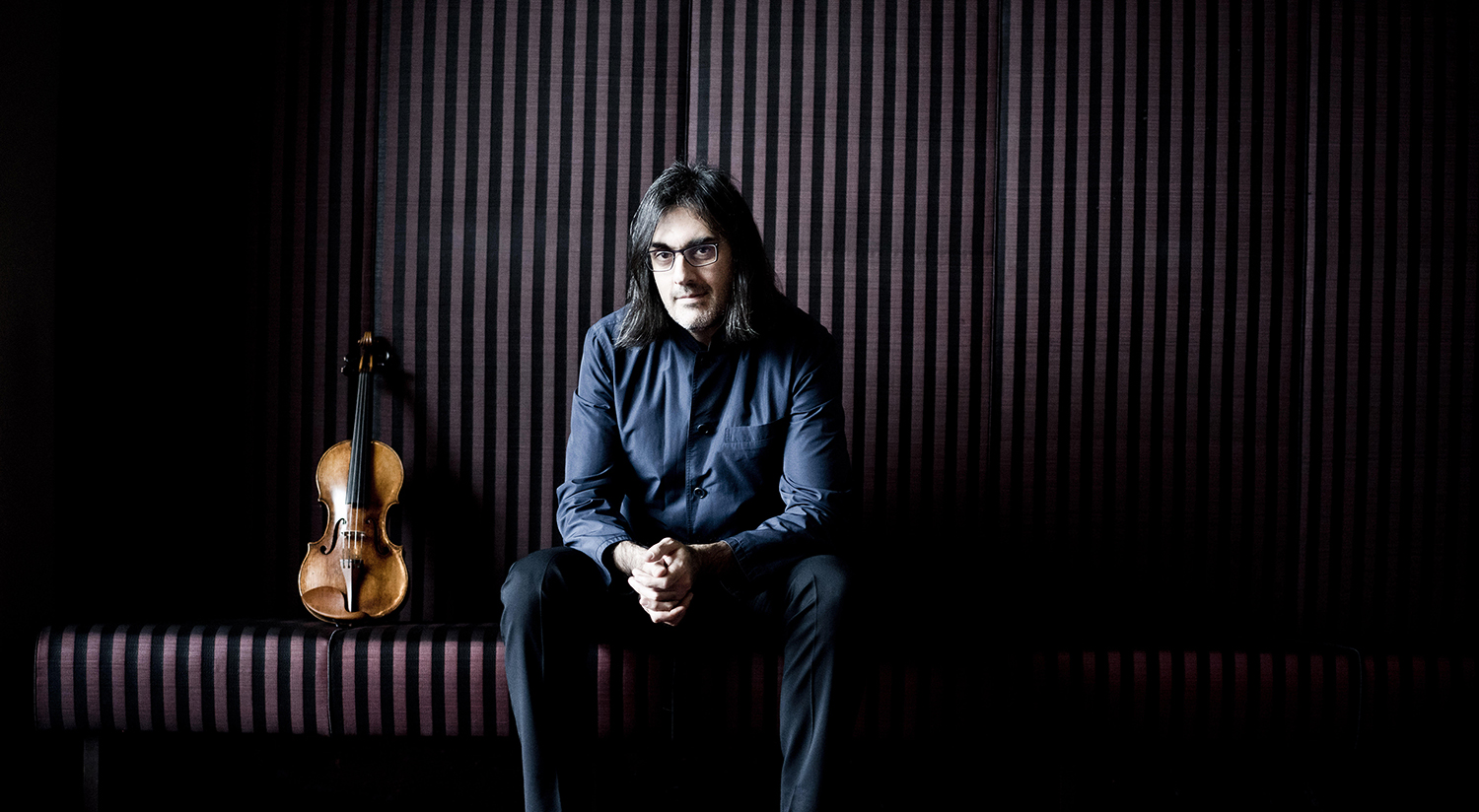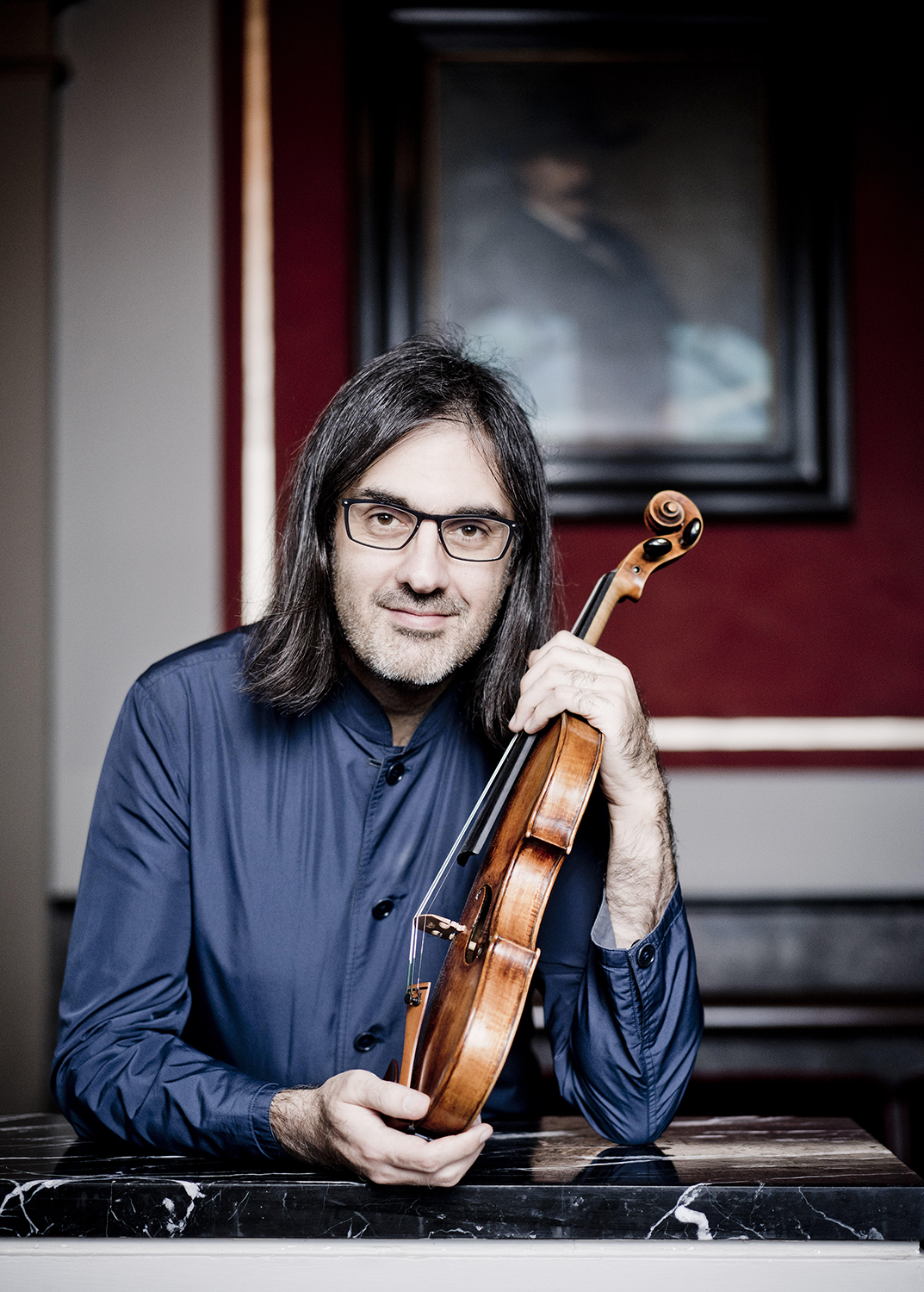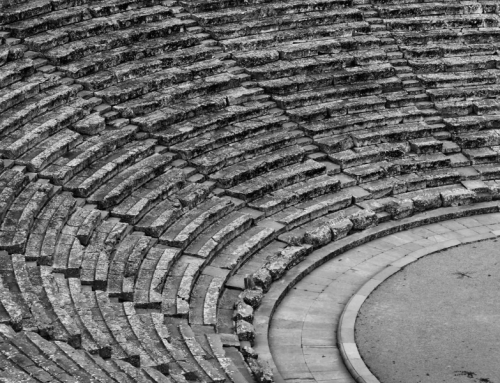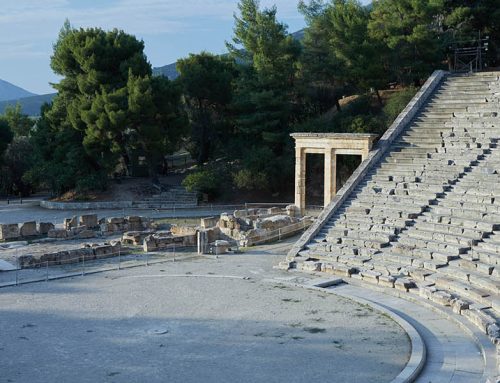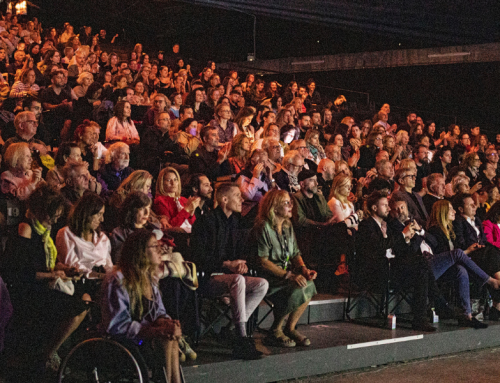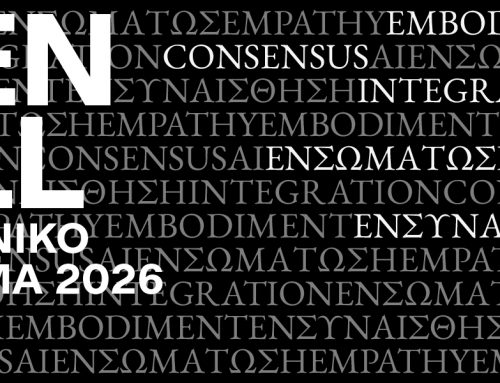The 2020 edition of the Epidaurus Festival opens with a world-class, special surprise event, marking 65 years of rich, continuous history for the Festival.
On 17 July, Leonidas Kavakos, one of the world’s leading violinists, will stand, completely alone, at the centre of the Ancient Theatre of Epidaurus, where he will perform works by Johann Sebastian Bach, in a concert that is widely expected to be a milestone in the history of the Festival.
The iconic ancient theatre will host a major musical event, a landmark moment offering us an expanded, creative experience of this Festival venue, and ‘inhabiting’ it in a startling, unconventional manner.
Kavakos’ appearance in Epidaurus harks back to the primary function of Theatre as a place of healing, relief and therapy.
In the greatest healing centre of the ancient world, the Sanctuary of god Asclepius, Leonidas Kavakos shares with us a rare, uplifting moment, a musical prayer for the age of the pandemic.
In the midst of this great challenge for humanity, the Athens & Epidaurus Festival sends out a message of hope, offering an atmospheric experience to the audience.
“Bach is like an astronomer, who, with the help of ciphers,
finds the most wonderful stars”.
Through the above phrase, Frédéric Chopin wanted to describe his impression of Johann Sebastian Bach’s music. Many of those immersing themselves in the composer’s sonic universe – a composer who laid the foundation for the creation of an entire new world – probably share the same impression.
Sonatas and Partitas for Solo Violin (1720) is considered one of the canonical works of the violin repertoire. In fact, Bach had originally named this composition Sei Solo a Violino senza Basso accompagnato (Six Solos for Violin Without Bass Accompaniment), as he wanted to draw emphasis on the technical capability of the violin as a solo instrument.
The three sonatas are written in the form of a Baroque sonata, commonly known as Sonata da chiesa (church sonata), consisting of four movements, the first of which has a slow tempo, only to be succeeded by a fast movement; this alternation is repeated in the next two movements. On the contrary, the partitas are comprised of a series of dance rhythms, as attested by their titles, each of which references a specific dance (Loure, Gavotte, Menuett, Gigue and so on). The partita directly alludes to the Baroque suite, a form of composition that also consists of a series of dances. Bach employed the two terms rather freely, which is easily discernible if one listens to one of his major works that was composed around the same time, the celebrated Six Cello Suites.
Alexandros Charkiolakis
Leonidas Kavakos is an internationally acclaimed violinist, world-renowned for his unparalleled technique, virtuosity and powerful performances. He collaborates with the greatest orchestras and conductors in the world and performs as a recitalist in the premier concert halls and events across the globe. He is an exclusive recording artist with Sony Classical.
Evening programme:
Johann Sebastian Bach (1685-1750)
Partita No. 3 in E major for Solo Violin, BWV 1006
Preludio
Loure
Gavotte en Rondeau
Menuett I
Menuett II
Bourrée
Gigue
Sonata No. 1 in G minor for Solo Violin, BWV 1001
Adagio
Fuga (Allegro)
Siciliana
Presto
Partita No. 2 in D minor for Solo Violin, BWV 1004
Allemande
Courante
Sarabande
Gigue
Chaconne
Leonidas Kavakos, violin
Running time 70΄ (no interval)
Advance booking is due to start next week.
The Athens & Epidaurus Festival will be realised in compliance with the special directives of the health authorities. Public health and a sense of responsibility towards audiences and artists take precedence over all other considerations.



